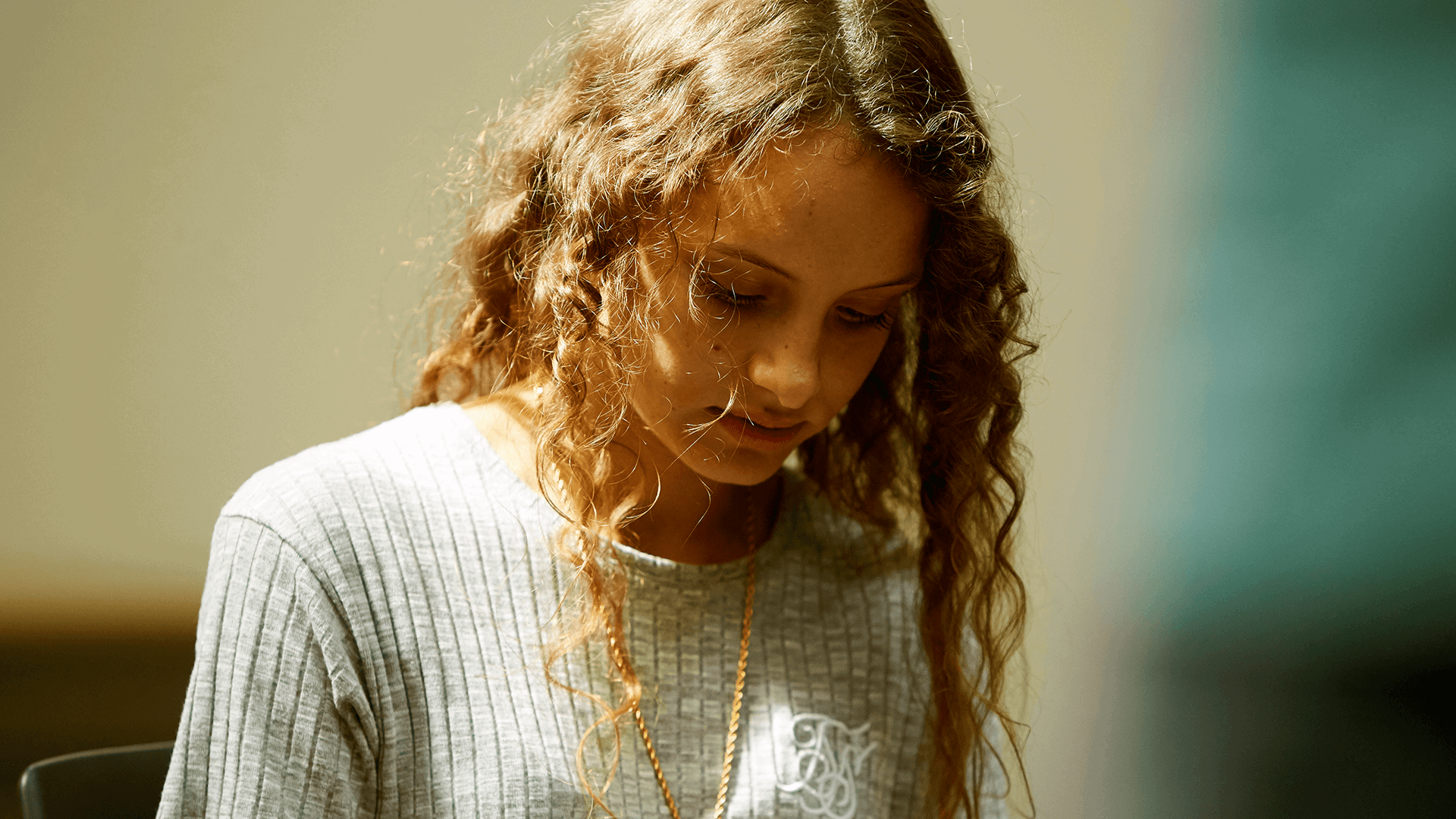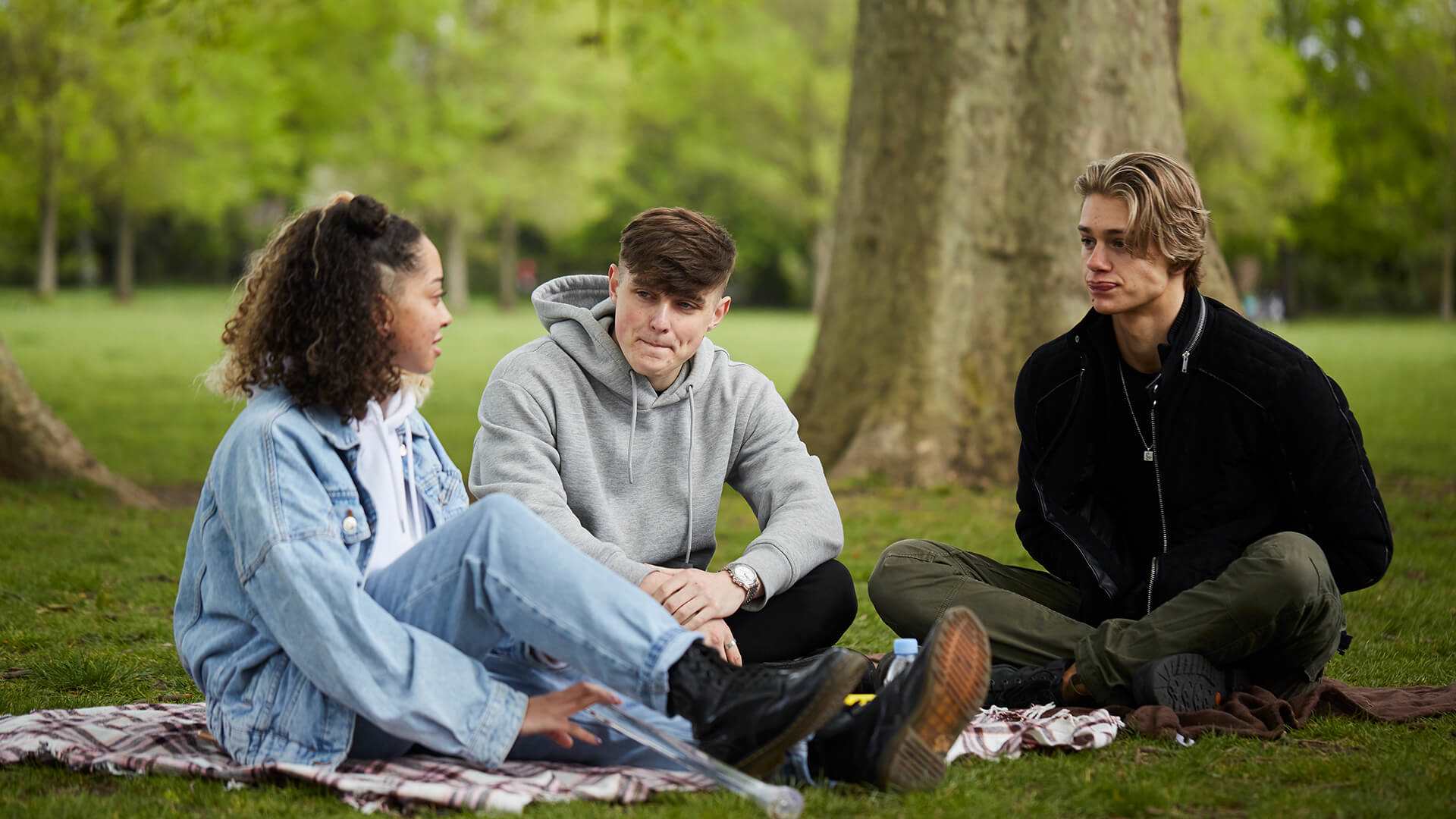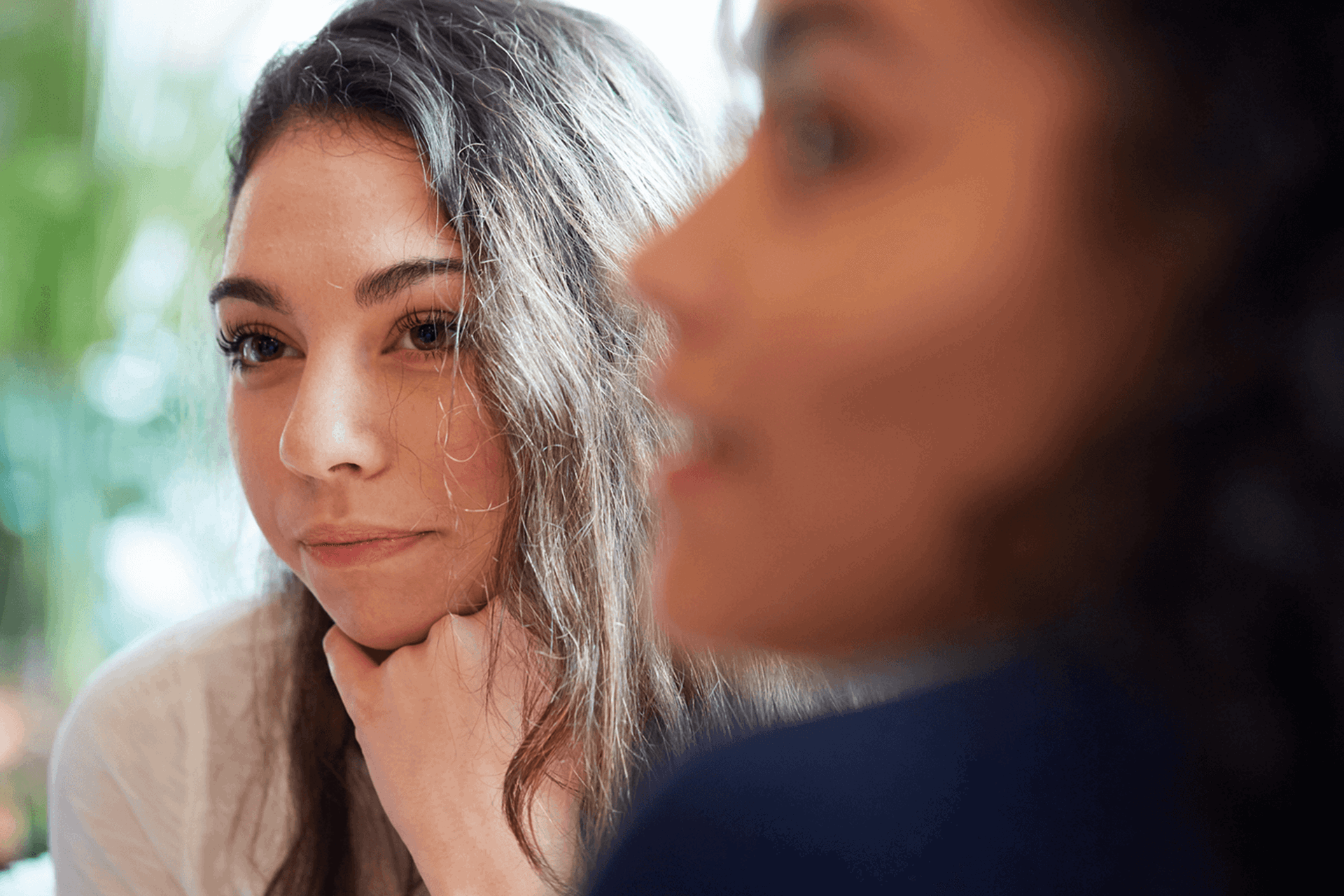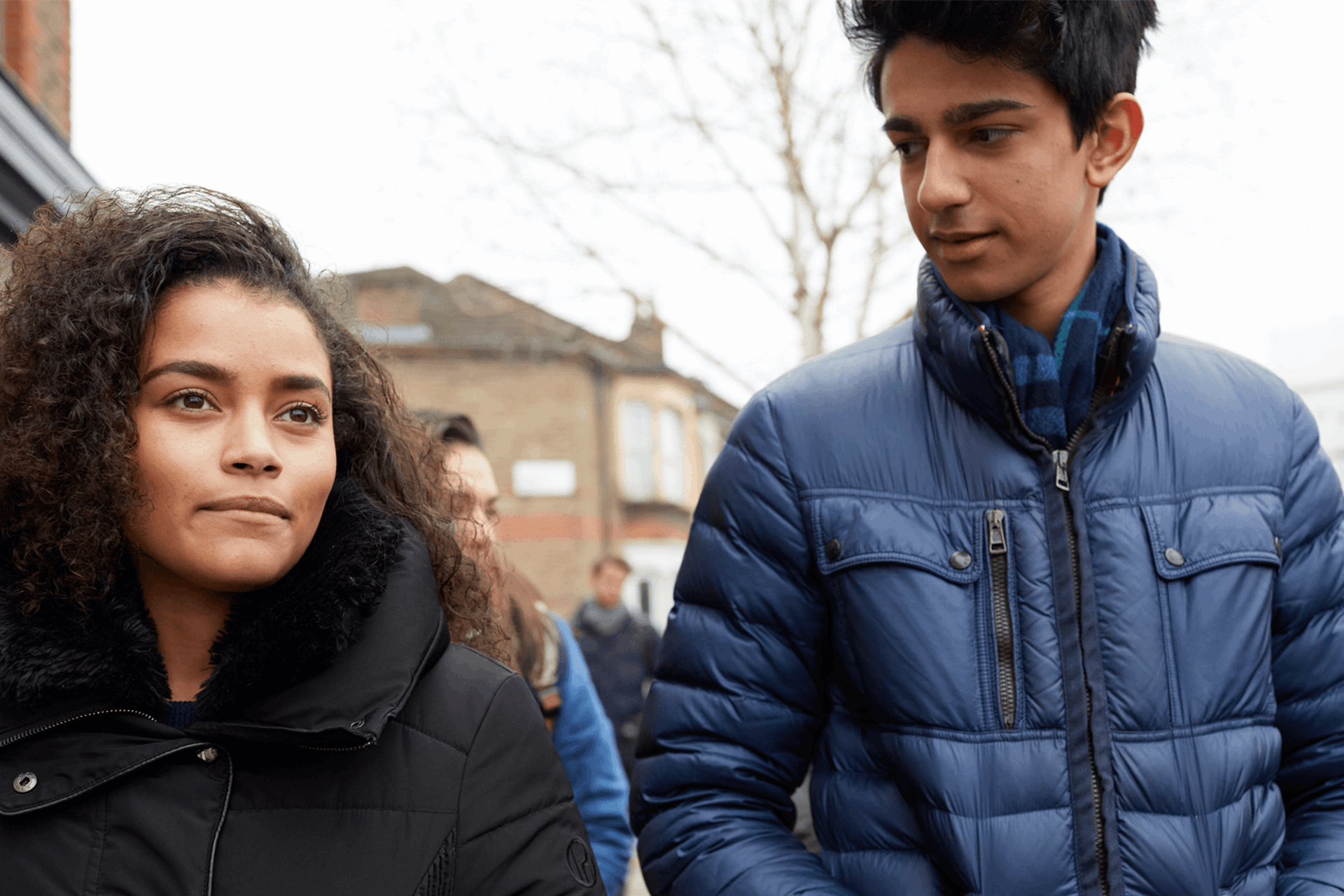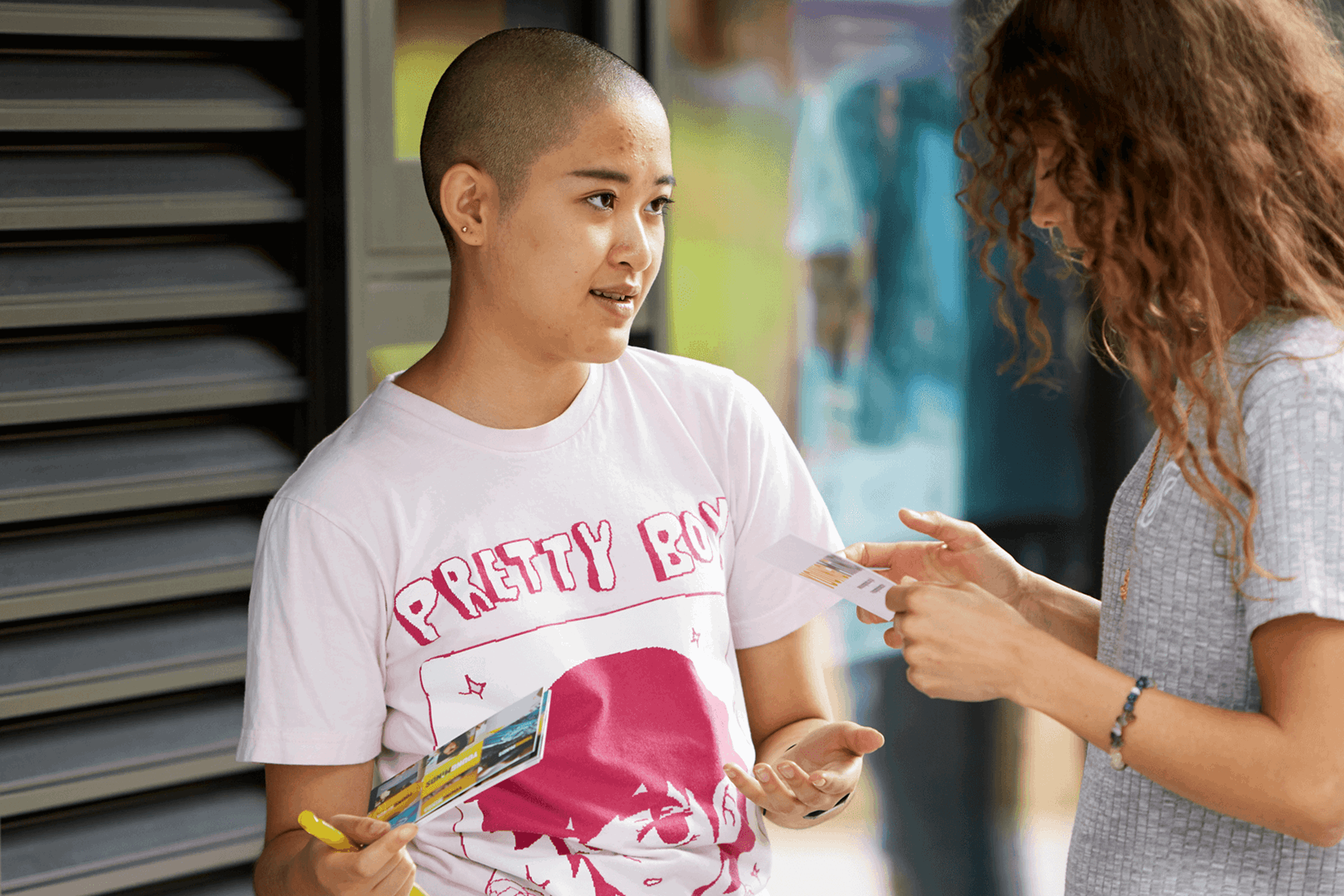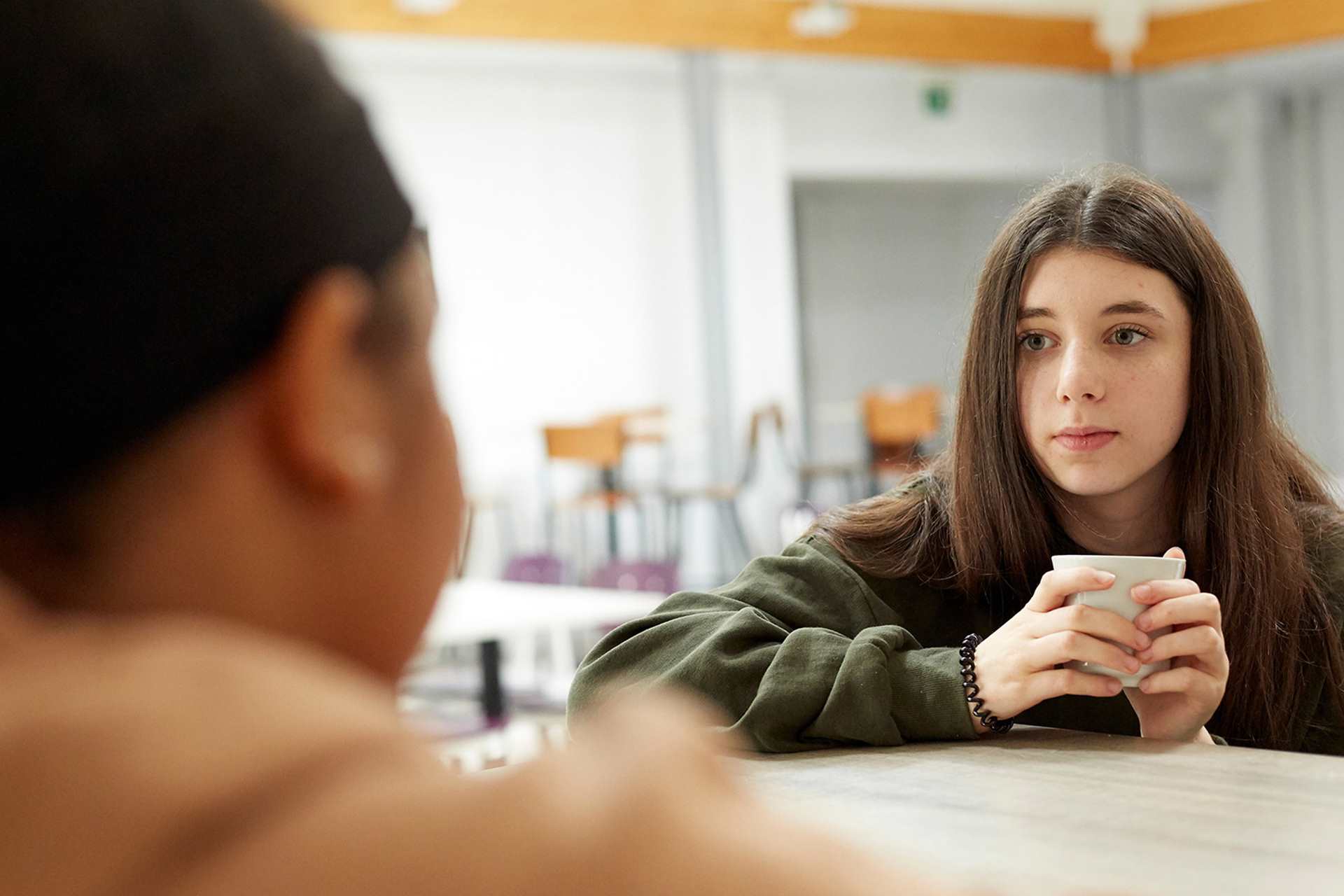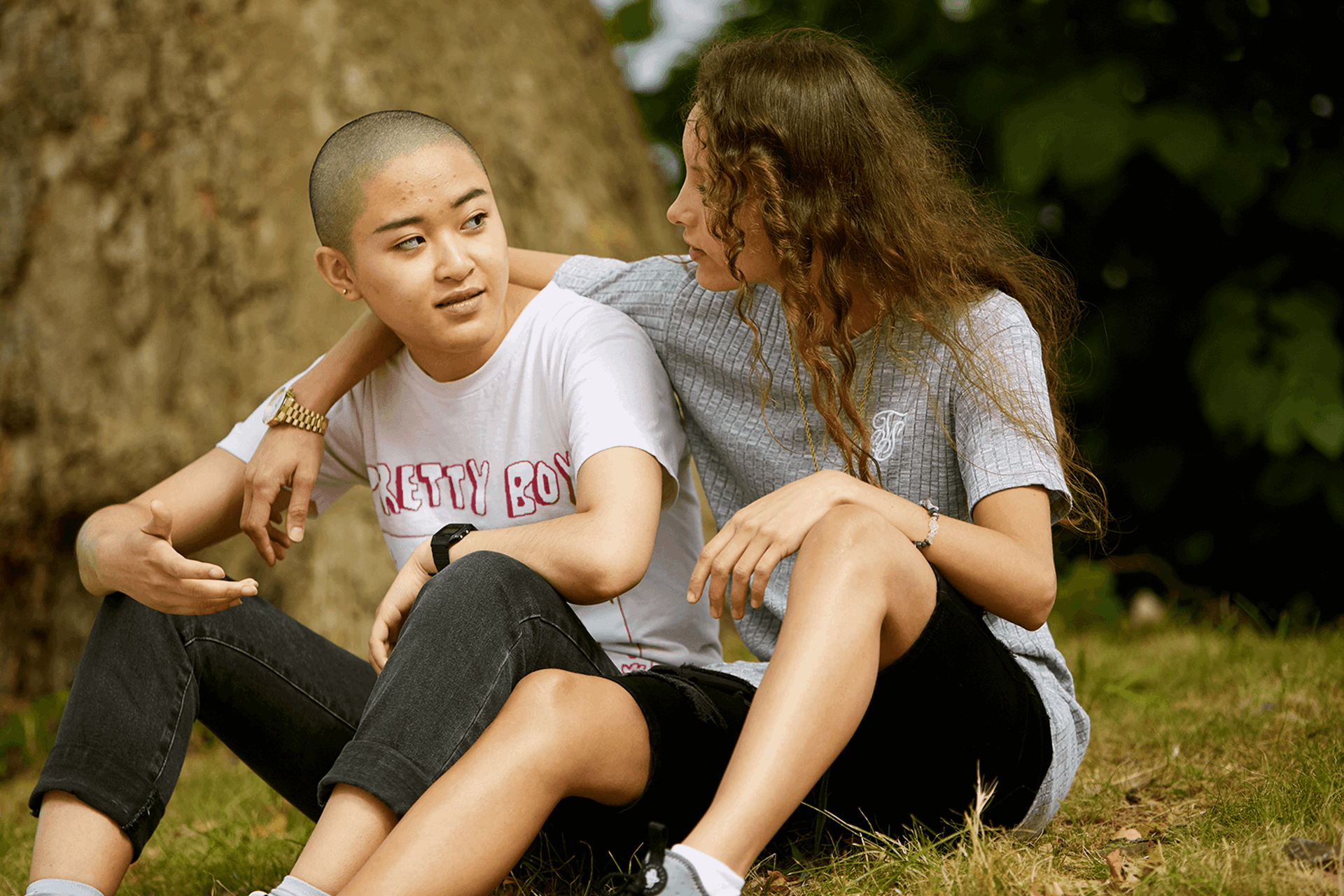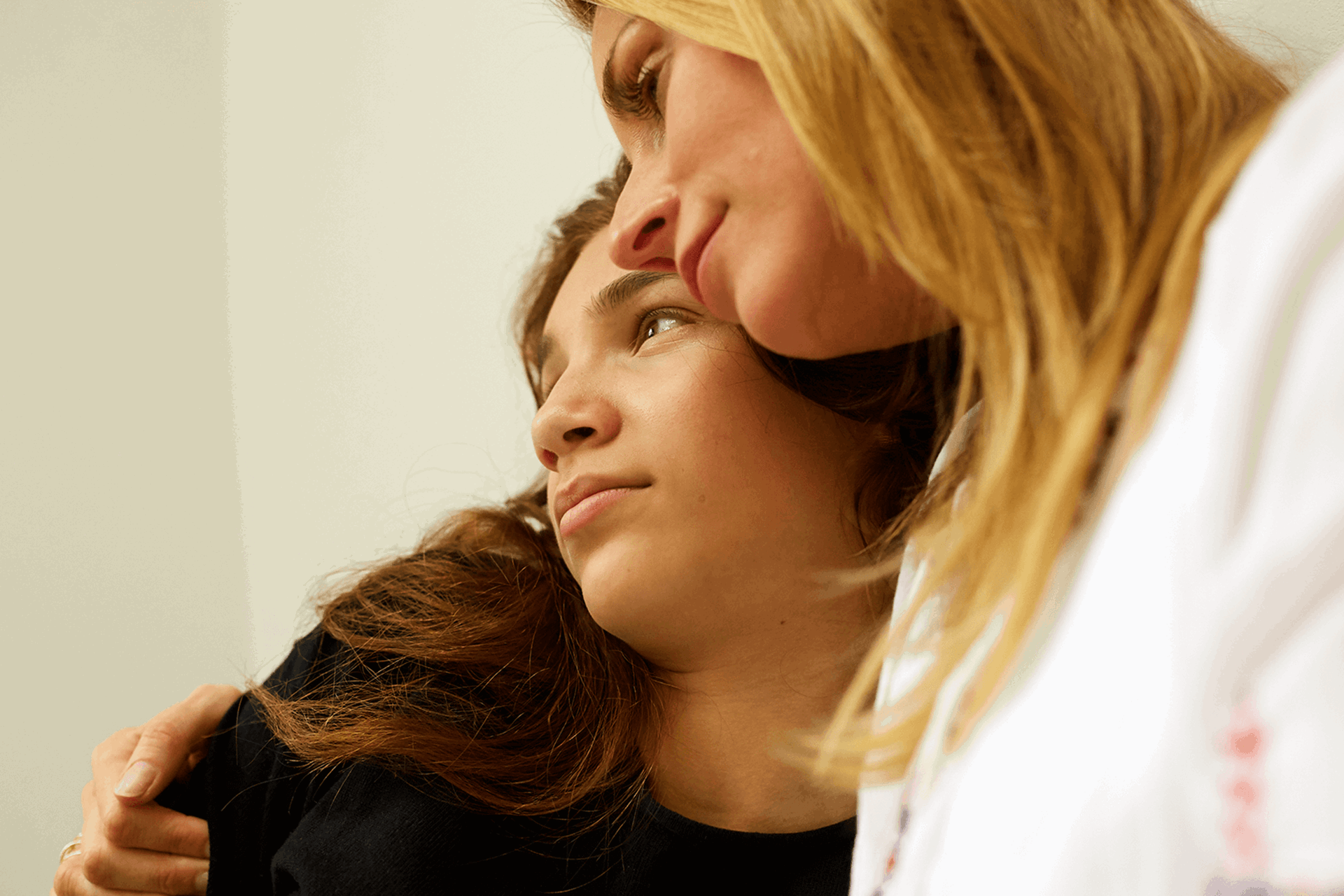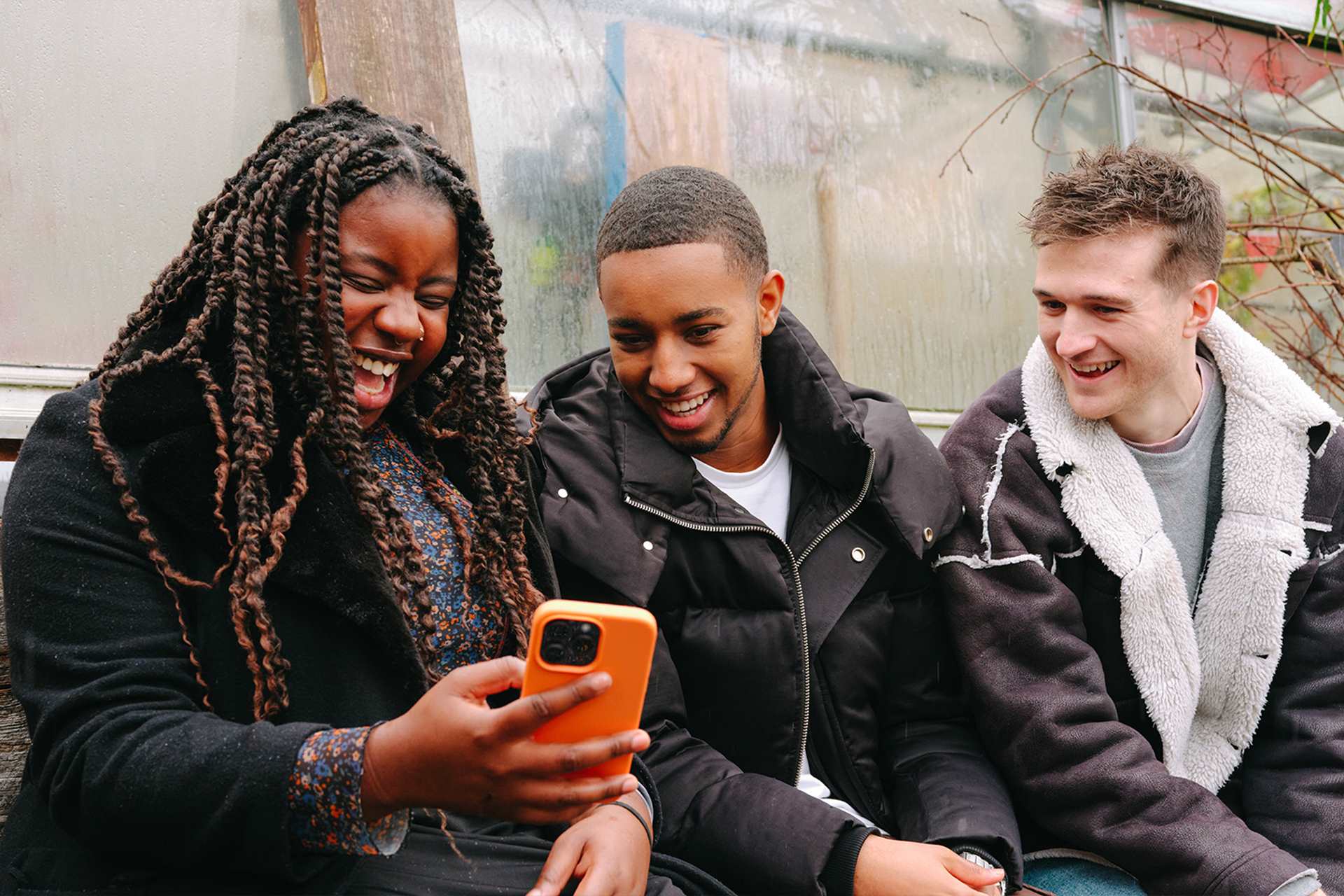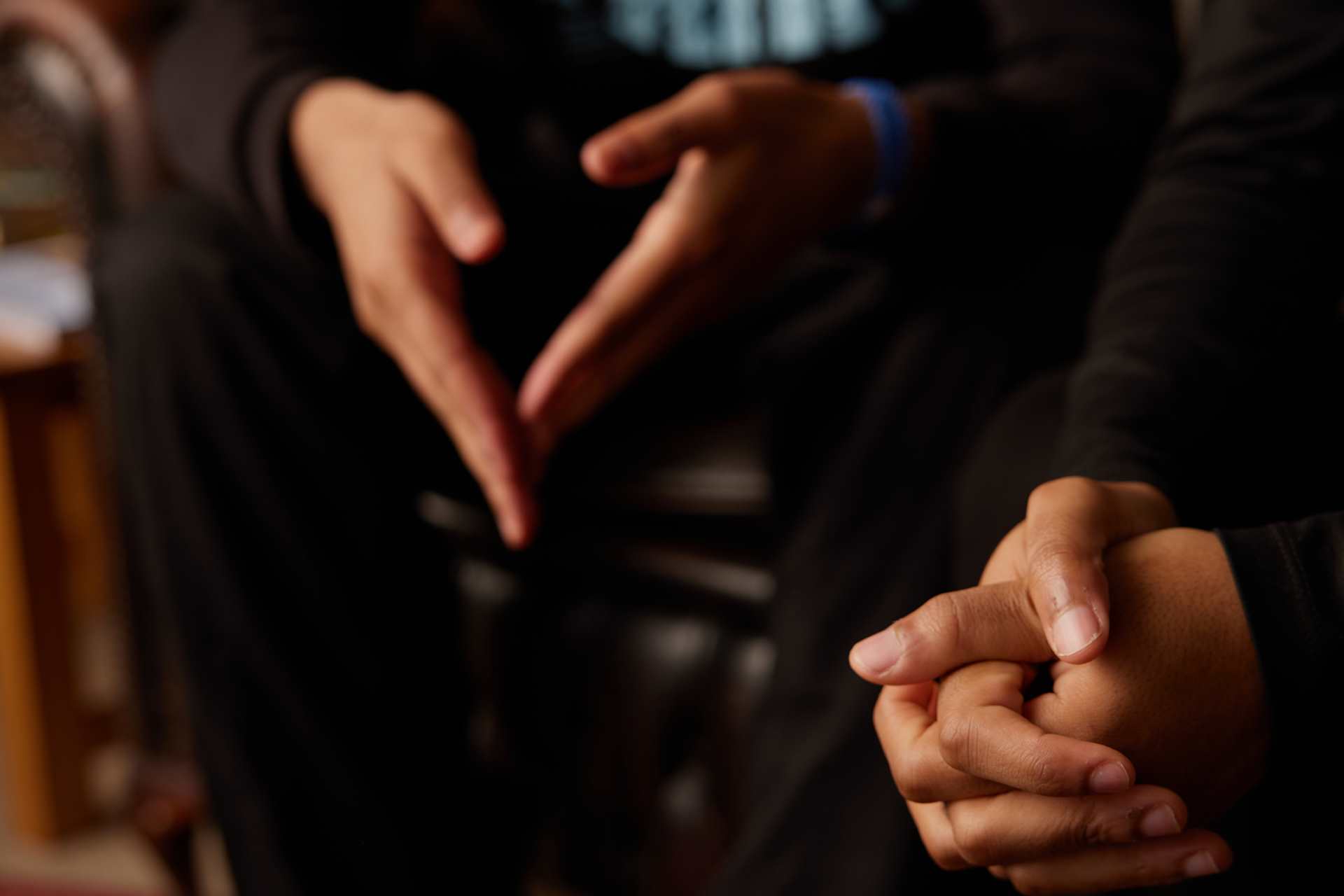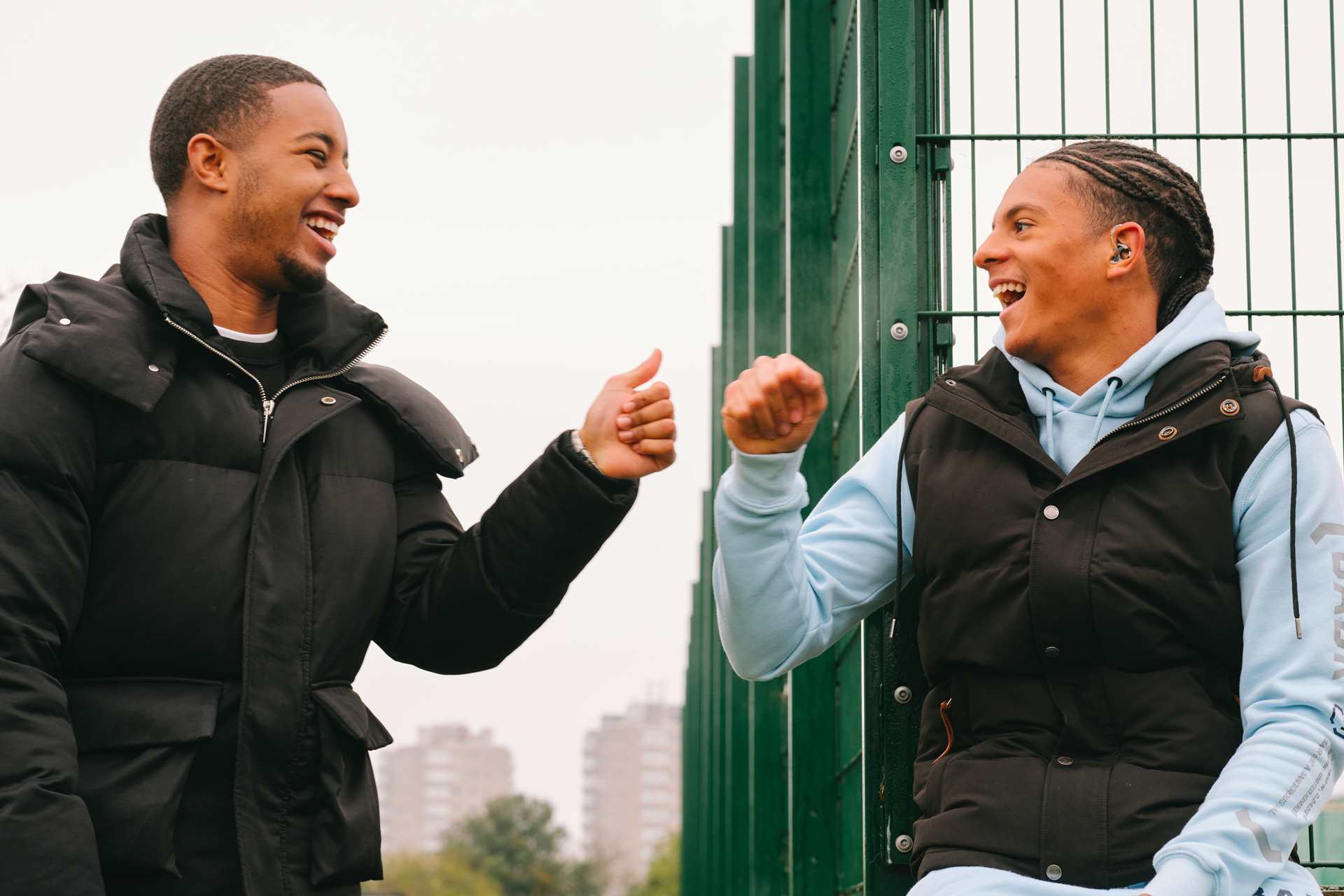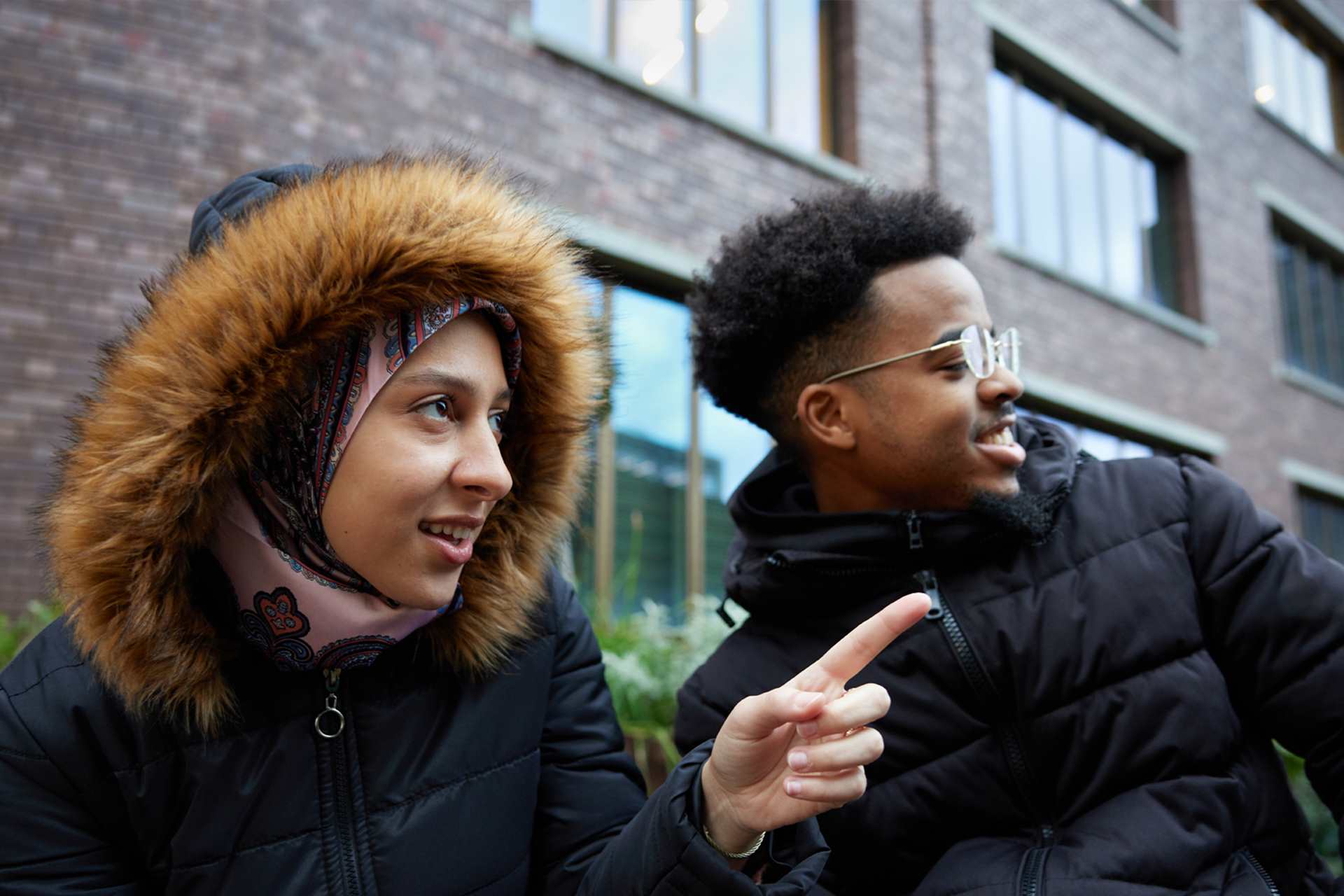What is trauma?
Going through tough experiences is part of life, and it’s normal to struggle afterwards. Most of the time, we bounce back. But trauma is when something really scary or overwhelming has a lasting impact on your mental health.
Trauma can come from one big event, a series of events, or an ongoing situation. You don’t even have to be directly involved – just witnessing something bad can be traumatic. It’s not always extreme situations like war. Smaller things, like being called ‘stupid’ by a teacher, can leave a big mark if it affects how you see yourself. Trauma can also build up over time, like if someone in your family is constantly putting you down.
Common examples of things that can cause trauma are:
- being in or witnessing a bad accident
- experiencing abuse or neglect
- losing someone close to you
- being the victim of a crime
- being bullied
- experiencing racism or other kinds of discrimination
Everyone's experience is different. What feels traumatic to one person might not feel the same to someone else. Your trauma is just as valid as anyone else’s, and no one can tell you what does or doesn’t count.
How can trauma affect me?
Everybody reacts to trauma differently, and your feelings might change over time. Right after something traumatic, you might feel:
- shocked
- like it didn’t really happen
- numb or unsure about your feelings
You might not even realise it was trauma, especially if you don’t feel much or if it’s part of an ongoing situation, like being bullied. Sometimes it takes a while to feel the effects, and that’s totally normal.
If you don’t react at all when something big or scary happens, there’s nothing wrong with you. There’s no ‘right’ way to experience trauma.
Trauma can impact your mental health in lots of ways, making you feel:
- anxious
- on edge all the time and sensitive to what’s happening around you (hypervigilant)
- angry or sad about what happened
- worried it’ll happen again
- guilty or bad about yourself, like you deserved it
- embarrassed or worried people will judge you
Some traumas can change how you see yourself or others. For example, abuse can make you believe negative things about yourself or make it hard to trust people, leaving you feeling isolated or anxious.
You might not even realise the link between a traumatic event and how you’re feeling now. But with help, you can figure it out and start to feel better.
You might notice physical symptoms from trauma, like:
- intense dreams or nightmares
- sleep problems
- flashbacks or intrusive thoughts
- struggling to focus
- changes in appetite
- feeling disconnected from your body or emotions
- sudden changes in behaviour or mood
This can feel scary, but they are normal responses to trauma.
What is PTSD?
PTSD stands for Post-traumatic stress disorder. It's when you experience difficult symptoms after you've been through something really frightening, upsetting or life-changing. This could be something like abuse, a serious accident, or a health scare.
Complex PTSD (C-PTSD) can develop after you've experienced long-term trauma, like ongoing abuse or neglect.
There are three main symptoms of PTSD:
-
Re-experiencing
This is when you relive the traumatic event through:
- flashbacks or nightmares
- repetitive and distressing images and feelings
- physical sensations like pain, sweating, feeling sick or shaking
-
Avoidance and emotional numbing
This is when you avoid talking about the trauma, or avoid certain people or places that remind you of it.
You might also try and deal with it by not feeling anything at all.
-
Hyperarousal
This is when you feel tense and on edge a lot of the time. Feeling like this can make you:
- irritable
- have angry outbursts
- have trouble sleeping
- have difficulty concentrating
You may also notice:
- anxiety
- anger or irritability
- sleep or eating problems
- survivor's guilt (feeling bad that others had it worse)
- depression
- problems with alcohol or drugs
- stomach problems
- muscle aches
- trouble remembering the traumatic event
Just having these symptoms doesn’t always mean you have PTSD, so it’s important to talk to your GP for a proper diagnosis.
If you are diagnosed with PTSD, your treatment will involve a talking therapy like CBT or EMDR, or medication.
Tips to help you manage your trauma
Some people find it really helpful to talk to others who’ve been through similar things. If you think talking with others could help, there are plenty of support groups out there. You can find these through organisations like:
For some, hearing others’ stories can be upsetting or even set back their recovery. Before listening to others’ traumatic experiences, it’s good to think about how you’ll handle any tough feelings or memories that might come up.
Self-care looks different for everyone, but try to factor in things like:
- doing something you enjoy (like a hobby or gaming)
- getting some exercise
- taking time to relax, journal or meditate
- spending time with someone you trust or pets
- playing video games
After trauma, even the everyday stuff like cooking, washing and sleeping can feel exhausting. Setting a routine, like going to bed and eating at the same time each day, can bring some stability and make things feel less overwhelming.
Grounding techniques help you reconnect with the present moment when things get overwhelming. They can shift your focus away from how you feel and back to the ‘here and now’, creating a sense of calm.
Here are some common grounding techniques:
- 5-4-3-2-1 method: Name five things you can see, four things you can feel, three things you can hear, two things you can smell, and one thing you can taste.
- Deep breathing exercises: Breathe in through your nose while counting to three then slowly breathe out through your mouth. Repeat until you feel calmer.
Check out more tips and advice from young people on their favourite grounding techniques:
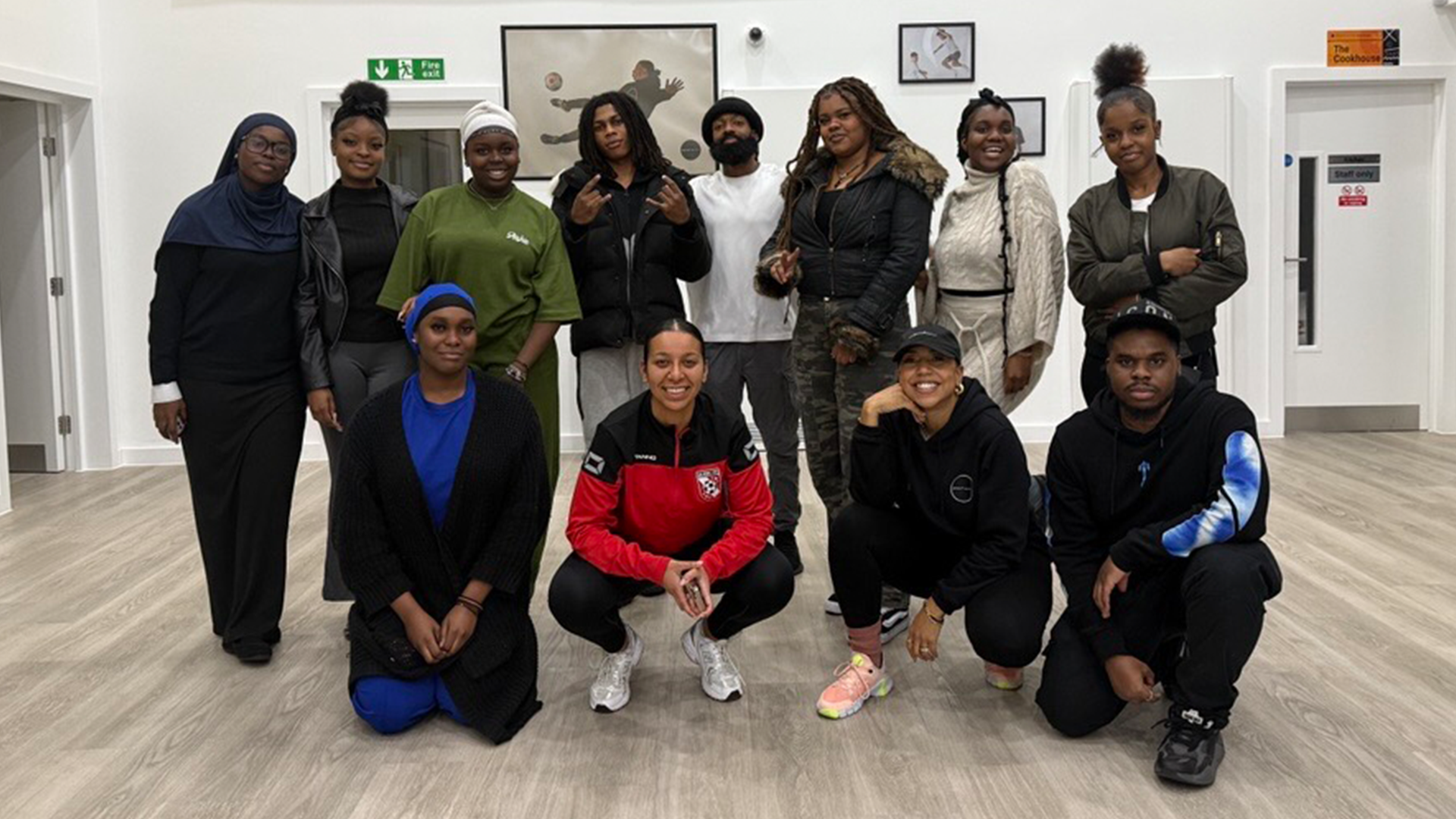
From Trauma to Triumph
Amplifying Black young voices
From Trauma to Triumph is the result of the Creators Programme, a collaboration between Mentivity and YoungMinds. Through workshops and honest conversations, young Black people explored issues like intergenerational trauma, societal perceptions, systemic injustice, and knife crime. They used collage, audio, and photography to bring their work to life.
Getting help and support for trauma
Coping with trauma alone is tough, so let someone know what you’re going through. Talking to someone you trust about what happened can really help. And hearing their perspective might make things clearer. If you don’t feel like you can talk to someone you know, there are lots of helplines and organisations that can help.
Get help now
If you're struggling with something traumatic that has happened, you are not alone. Here are some organisations and services that can really help.
-
Childline
If you’re under 19 you can confidentially call, chat online or email about any problem big or small.
Sign up for a free Childline locker (real name or email address not needed) to use their free 1-2-1 counsellor chat and email support service.
Can provide a BSL interpreter if you are deaf or hearing-impaired.
Hosts online message boards where you can share your experiences, have fun and get support from other young people in similar situations.
- Opening times:
- 24/7
-
Victim Support
Offers support to anyone affected by crime; not only those who experience it directly, but also their friends, family and any other people involved.
Live webchat service available.
Offers specialist support for children and young people affected by crime through their website You & Co.
- Opening times:
- 24/7
-
NAPAC (the National Association for People Abused in Childhood)
Offers support to adult survivors of all types of childhood abuse, including physical, sexual, emotional abuse or neglect.
- Opening times:
- 10am - 4pm, Monday, Wednesdays & Fridays; 2pm - 9pm, Tuesdays & Thursdays
-
LoveRespect
LoveRespect is run by Women's Aid.
It provides a safe, anonymous space, for 14-24 year olds to gain more understanding of healthy and unhealthy relationships.
It offers resources for you and your friends if you’re experiencing domestic abuse, including identifying abuse, isolation, asking adults for help, mental health impacts, and more.
-
The Survivors Trust
The Survivors Trust has 120 member organisations based in the UK & Ireland which provide specialist support for women, men and children who have survived rape, sexual violence or childhood sexual abuse. Find support in your area.
- Opening times:
- 10am - 12:30pm, 1:30pm - 5:30pm and 6pm - 8pm (Monday - Thursday); 10am - 12:30pm and 1:30pm - 5:30pm (Friday); 10am - 1pm (Saturday); 5pm - 8pm (Sunday)
-
RoadPeace
Provides information and support services to people bereaved or seriously injured in road crashes.
- Opening times:
- 10am - 1pm, Monday - Friday
Whether you love the page or think something is missing, we appreciate your feedback. It all helps us to support more young people with their mental health.
Please be aware that this form isn’t a mental health support service. If you are in crisis right now and want to talk to someone urgently, find out who to contact on our urgent help page.
At YoungMinds we take your privacy seriously. If you’d like to read more about how we keep the information we collect safe, take a look at our privacy policy.
